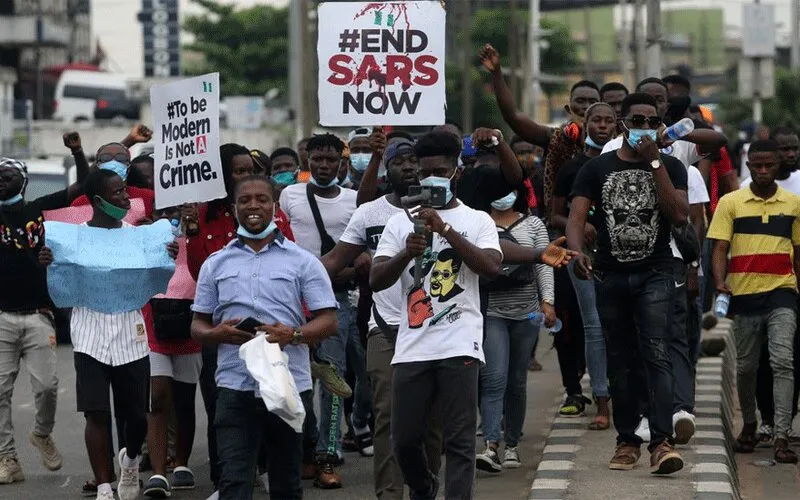Sokoto, 14 November, 2020 / 10:00 pm (ACI Africa).
Peaceful protests against police brutality in Nigeria presented an opportunity for the Catholic Church in the West African nation to guide young people on their quest for a better society, a Catholic Bishops has said in a statement.
In the November 10 statement, Bishop Matthew Hassan Kukah of Nigeria’s Sokoto Diocese reflects about Nigeria’s youth-led protests that called for an end to the now defunct Special Anti-Robbery Squad (SARS) in October. After the disbandment of SARS, the protesters demanded reforms in the country’s structure of governance.
“The youths secured some quick wins by forcing the hands of the government to respond to their demands,” Bishop Kukah says and adds, “In the long run, however, the future depends on whether the youths can hold their lines of seeking a better society or if they will become seduced and coopted by the political class.”
For this reason, the Prelate says, the protests have been “a great opportunity for the Church to guide its youth so as to guarantee a firm moral foundation for politics in our country.”
Looking back at the protests, Bishop Kukah continues, it is possible to “have a youth movement that is guided by the ethos of the Catholic Church.”








